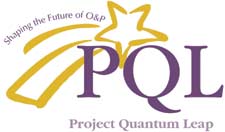
Support authors and subscribe to content
This is premium stuff. Subscribe to read the entire article.
Login if you have purchased

This is premium stuff. Subscribe to read the entire article.
The National Association for the Advancement of Orthotics and Prosthetics (NAAOP) selected Taylor Haines as the 2024 George and Dena...
Read more
© 2024 The O&P EDGE